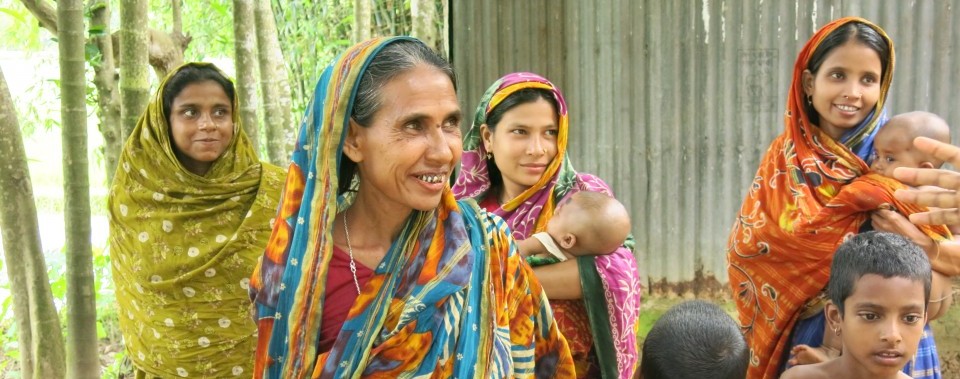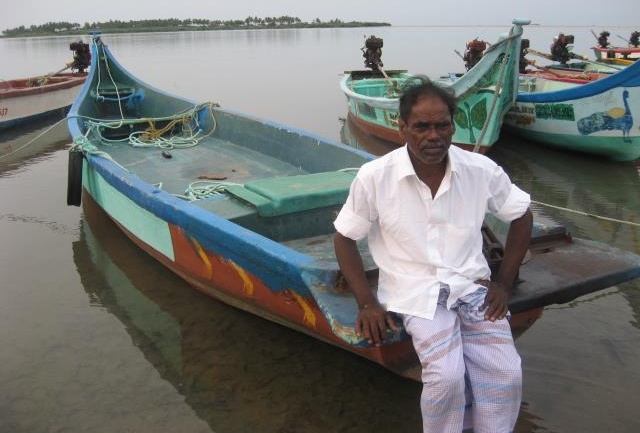International Program Manager for South Asia, Sophie Cooke share why World Toilet Day is important and why we need to start talking about it
It’s hard to appreciate what life without a decent toilet is like until you experience it firsthand. While visiting a mountain village in rural East Timor I asked to use a family’s toilet. I was pointed in the direction of the pig pen, and spent several minutes looking for the toilet, until I twigged that the pig pen was the toilet. This was my first experience of life without a toilet –unhygienic, unsafe and very far from private- but sadly, it’s a daily reality for the 1 in 3 people who don’t have improved sanitation.
The statistics are boggling. 2.4 billion people worldwide don’t have improved sanitation facilities, and of these, 1.1 billion practice open defecation. While the global Millennium Development Goal (MDG) target for improving access to safe drinking water was achieved well ahead of schedule, as the MDGs come to an end in 2015, progress against sanitation targets has fallen short by 700 million people. The health and economic impacts of this are widely documented. Open defecation causes diarrhoea, which leads to child deaths, malnutrition, and loss of school days. There are clear economic impacts, with poor sanitation contributing to loss of productivity. Doing nothing costs economies, while an investment of US$1 generates $5.50 in returns by keeping people healthy and productive.
The Sustainable Development Goals have set a target for universal access to sanitation by 2030. World Toilet Day, on November 19, is an opportunity to raise awareness of the scale of the problem and to break down taboos about talking about toilets. To achieve sanitation for all by 2030, we can’t shy away from discussions on faecal sludge management or open defecation. Communities, governments and aid agencies like Habitat for Humanity need to work together to understand the problem and address it head on.
Building toilets sounds easy, but there are lots of challenges to be resolved. How do you convince a family that a toilet is a worthwhile investment of their limited income? How do you provide adequate sanitation for burgeoning urban slum communities, when land is scarce and expensive and informal settlements are unplanned? How do you avoid building toilets which could pollute the environment if there is no centralised system to deal with sewage? How do you ensure that simple squat toilets are accessible to people with disabilities and the elderly?
Habitat for Humanity Australia is working with our partners throughout the Asia Pacific to address some of these challenges as toilets are considered an integral part of our vision of a decent place to live for everyone. I’m privileged to have the opportunity to meet people like Rehanna whose toilet, built with help from Habitat, has provided safety, dignity and improved health. World Toilet Day is a great opportunity to reflect on the difference something as a simple as a toilet can make, and the complexities of bridging the gap for the 1 in 3 of us who still don’t have a decent one.



